Understanding Miscarriage
Miscarriage is defined as the loss of a pregnancy during the first 23 weeks of gestation. People are often expected to just ‘carry on’ when experiencing a miscarriage, but it can be a traumatic experience for both parents.
1 in 4 women experience a miscarriage in their lifetimes, and 1 in 100 have 3 or more miscarriages in a row.1 in 6 pregnancies will end in miscarriage. It is so common, that women may not even realise they’ve miscarried.
Spotting the symptoms
Some women do not experience any symptoms of miscarriage at all; however, possible signs besides bleeding include:
Mild to severe cramps.
Back pain.
Loss of pregnancy symptoms, such as nausea or vomiting.
White-pink mucus.
Passing tissue or clot-like material
Although it’s common for a woman to wonder if she has miscarried because of something she did or didn’t do, it’s important not to blame yourself. Miscarriage is not caused by moderate exercise, sex, or a small daily cup of coffee. The most common cause is a chance chromosomal or gene abnormality in the embryo.
Other risk factors include:
Drug use
Smoking
Excess drinking
Listeria, a bacteria that may be present in undercooked meats, raw eggs, and unpasteurized dairy products
Maternal trauma, such as a car accident
Hormonal or structural abnormalities in the mother (such as low progesterone levels or uterine fibroids)
Advanced maternal age (over 35)
Infections such as Lyme disease or fifth disease
Chronic illnesses such as uncontrolled diabetes, lupus, or thyroid disease
Coping with the aftermath of a miscarriage
Remember both you and your partner are suffering a loss. For a woman, there is a physical connection to the baby growing inside of her, but men also experience the emotional trauma of an early gestation loss.
When you know you are pregnant you begin planning a life for your child, only to have it taken away. This is often not appreciated by those around you, and they will not acknowledge that you have lost your baby. What is important is that you know your baby has died (at Daddy's with Angels early gestation losses are considered as babies).
It is important that you don’t get bogged down with negative or unsupportive comments. Find friends or a support group who are understanding and compassionate about your loss.
For some very early gestation losses, it is not always possible to ascertain the gender of your baby. Take some time to consider giving your baby a name. There are many gender-neutral names to choose from.
If you had hoped for a boy or a girl there is no reason why you cannot say your baby was either and name them accordingly. That is YOUR choice. Naming your baby is important and can be of some comfort.
The hospital staff should discuss with you what you would like to happen with your baby. If they do not discuss this, then ask them to discuss the options with you. You can, if you choose, make private arrangements for your baby.
Remember to ask to speak to a bereavement midwife and ask for details of local support groups or online support such as DWA. Early gestational loss often means that you will have no pictures of your child. DWA provides a service whereby we will create customised graphics for you to have something to remember your baby by.
Many hospitals will have small cribs, wraps or small sleeping bags for your baby, so ask them if they have anything like this. If they do not have anything and you live in the UK contact us and we can send you some to donate to the hospital in memory of your baby.
People will try and be helpful and offer what they see as supportive words like “Well at least you know you can get pregnant” or “You can always try again” – don’t be afraid to remind them that your baby was real and deserves to be respected as such.
Early gestation loss IS as important as ANY other loss and it will impact on you, your family, your friends and the wider community. It is important that you talk about how you feel and to be supported by those around you.
Having an early gestation loss DOES NOT ALWAYS mean you will go on to have another, but it is possible. Always speak with your doctor if you have any concerns or speak with an organisation who specialises in early gestation loss.
BE GENTLE WITH YOURSELF!
